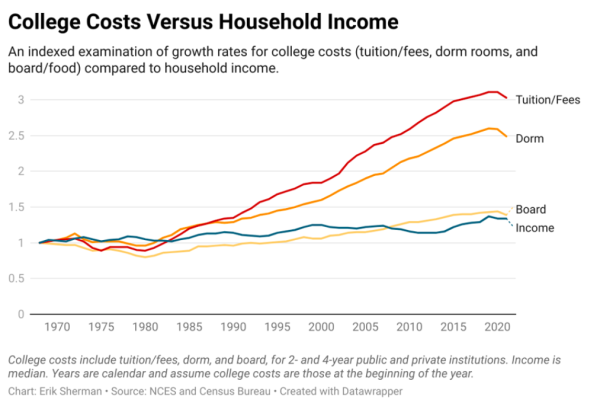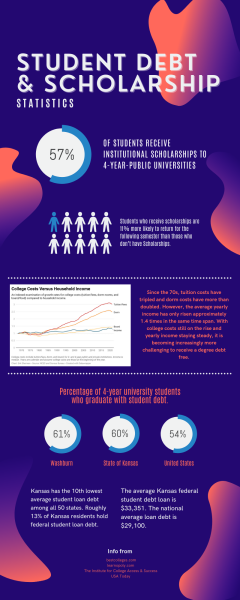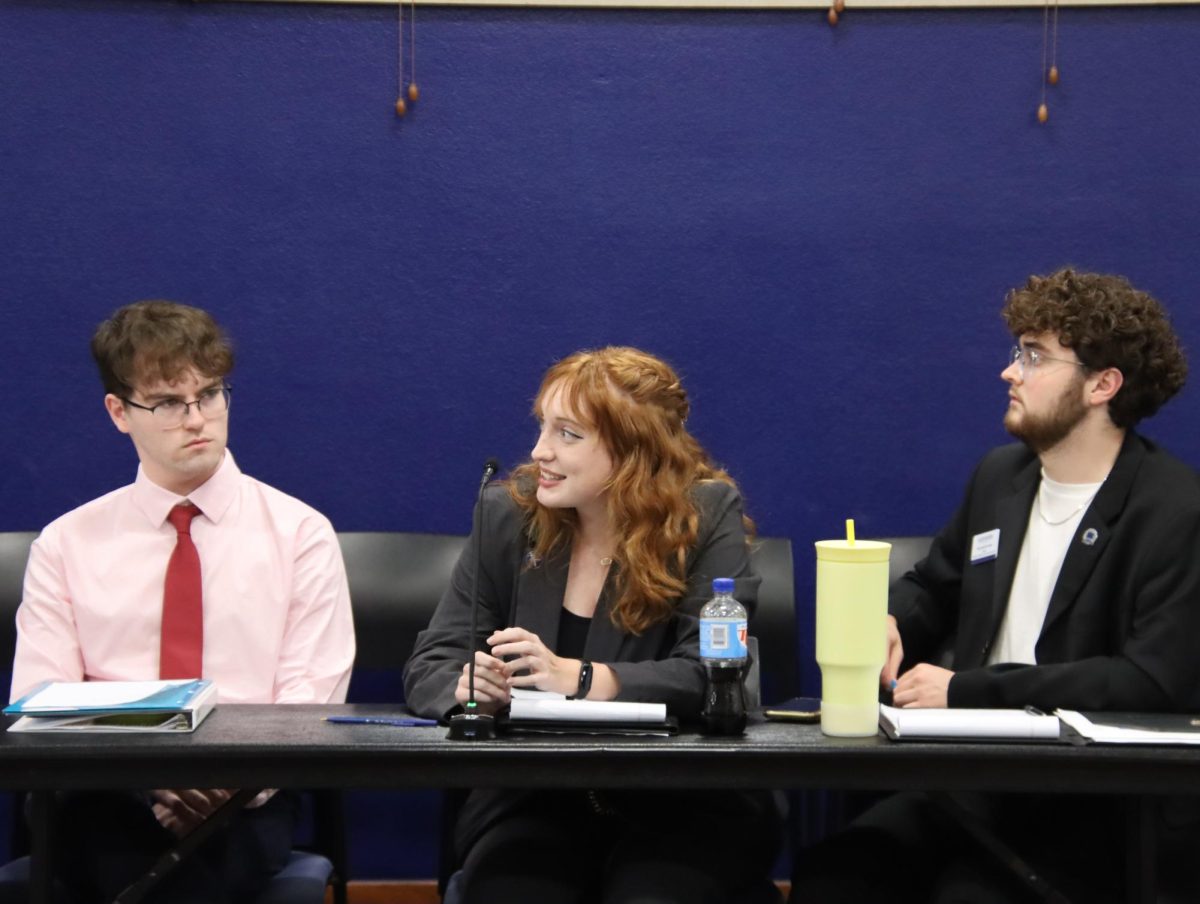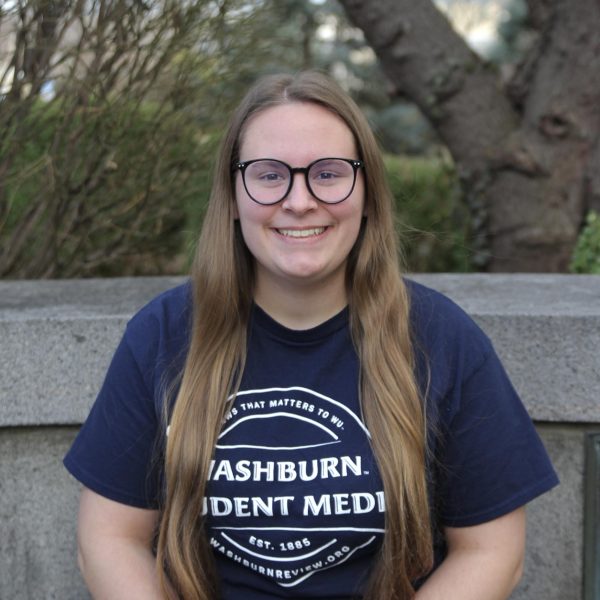
Topeka highschool students are shown how valuable they are to Washburn University through the Shawnee County Promise scholarships.
In order for a city to thrive, it must include successful, hardworking individuals to stay within it. JuliAnn Mazachek, president of Washburn University, is well aware of this and has decided to take action by implementing the Shawnee County Promise.
Washburn is viewed by many as an important and impactful part of the city of Topeka. The university brings more people to the city, but values those who are already here exponentially. Washburn is making a huge gesture to Topeka with the Shawnee County Promise.
Scholarships are a crucial component for students to attend universities all over the country. The cost of college is a major concern now more than ever when deciding if or where to attend. According to Learnopoly.com, 57% of students attending a four year public university receive institutional scholarships. With a majority of students receiving these scholarships, it may come down to which school can offer the best price.
The Shawnee County Promise is part of a financial aid package called Together We Thrive. The promise incentives Shawnee County highschool graduates to stay in Topeka and attend Washburn by rewarding them with free tuition if they meet the listed qualifications.

“We want Shawnee County students to be the lifeblood of Washburn University, and Washburn is mission critical to the future health of Shawnee County. Together, we are continuing to build a place where current and future generations will live, learn, prosper and belong,” Mazachek said, quoted from Shawnee co thrives press release. “These initiatives also have the potential to create population inflow, which will create opportunities to attract additional donor funding and even more educational opportunities for students.”
Student loan debt has plagued college students for generations. The average student loan debt amount in Kansas is $32,160. Paying this debt typically takes many years and can make it difficult for these people to get ahead with the amount of their income that it eats away. Scholarships like the Shawnee County Promise are combating this financial struggle. Students who can graduate college with little to no debt are in a much better position for financial stability and being a strong member of their community.
Topekans are a priority to Washburn, and this desirability is keeping more of them in the city.
This is the first full academic school year that the Shawnee County Promise has been in effect. After such a short time period, the promise is already benefiting in a major way as this year’s freshman class is the largest that Washburn has ever seen.
Ta’Mijha Nichols, freshman kinesiology major, is a recipient of the Shawnee County Promise scholarship. She voices that the scholarship aids her financially along with mentally.
“The only way it has helped me is by making college debt free and less stressful,” Nichols said.
The Shawnee County Promise is actively bettering the city by helping families send their students to college who may not have been able to do so without the paid tuition.
Joseph Tinsley, director of undergraduate recruitment and admissions, is elated by the large freshman class as it strengthens the mutually beneficial relationship between Washburn and the city of Topeka.
“[…] Washburn has a symbiotic relationship with the city of Topeka,” Tinsley said. “One of the best ways we can reinforce that relationship is by making sure that access, affordability and opportunity is available for a wide variety of student population in the Shawnee County area.”
Student debt is one of the biggest deterrents for college enrollment. According to the Center of Assets, Education and Inclusion at the University of Michigan, student debt over approximately $10,000 lowers graduation rates and as that number increases, so does the dropout rate, particularly for poor and minority students. The Shawnee County Promise not only opens an avenue for more students to attend college but also helps motivate them to finish their schooling and receive a degree.
Edited by Stuti Khadka.

















